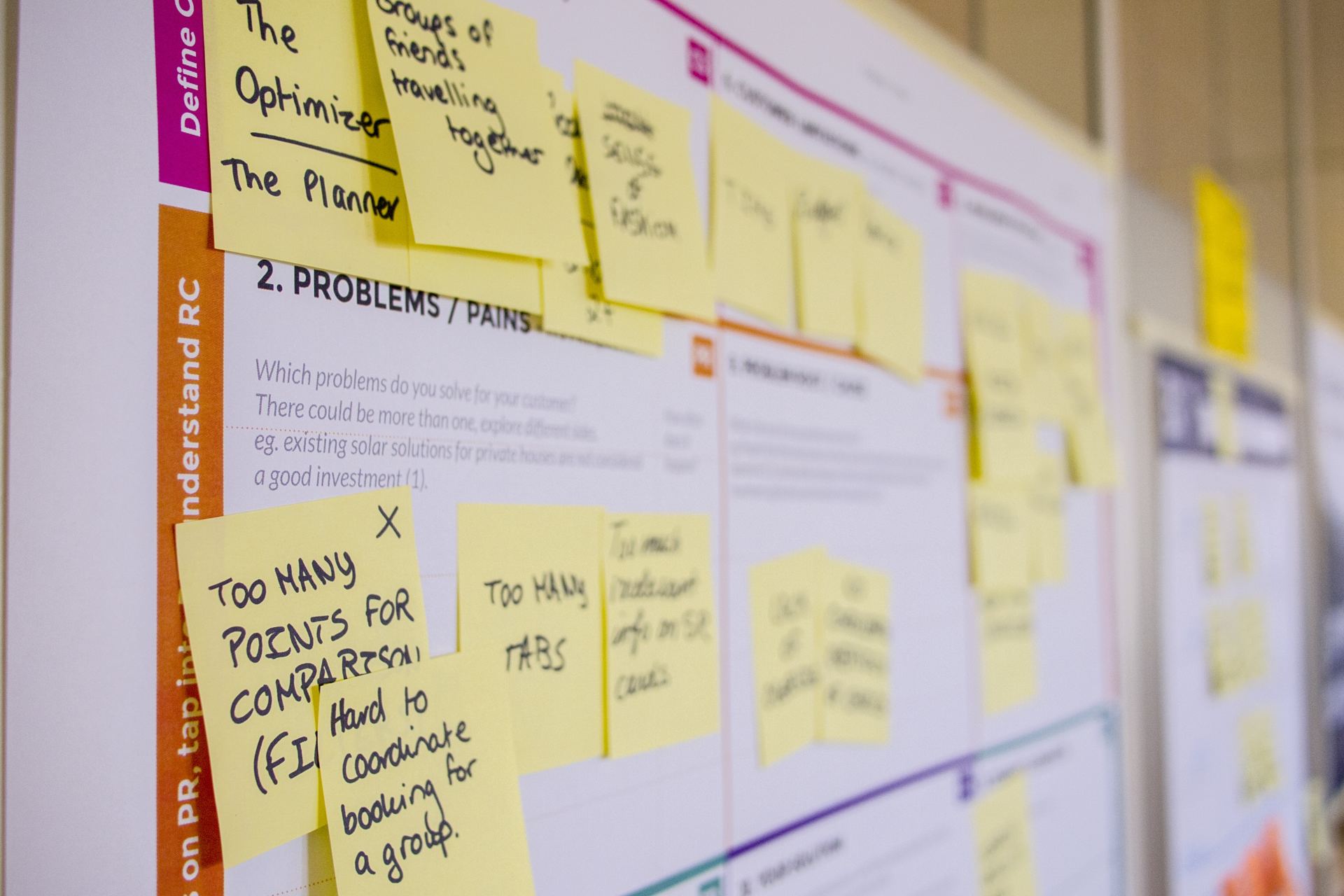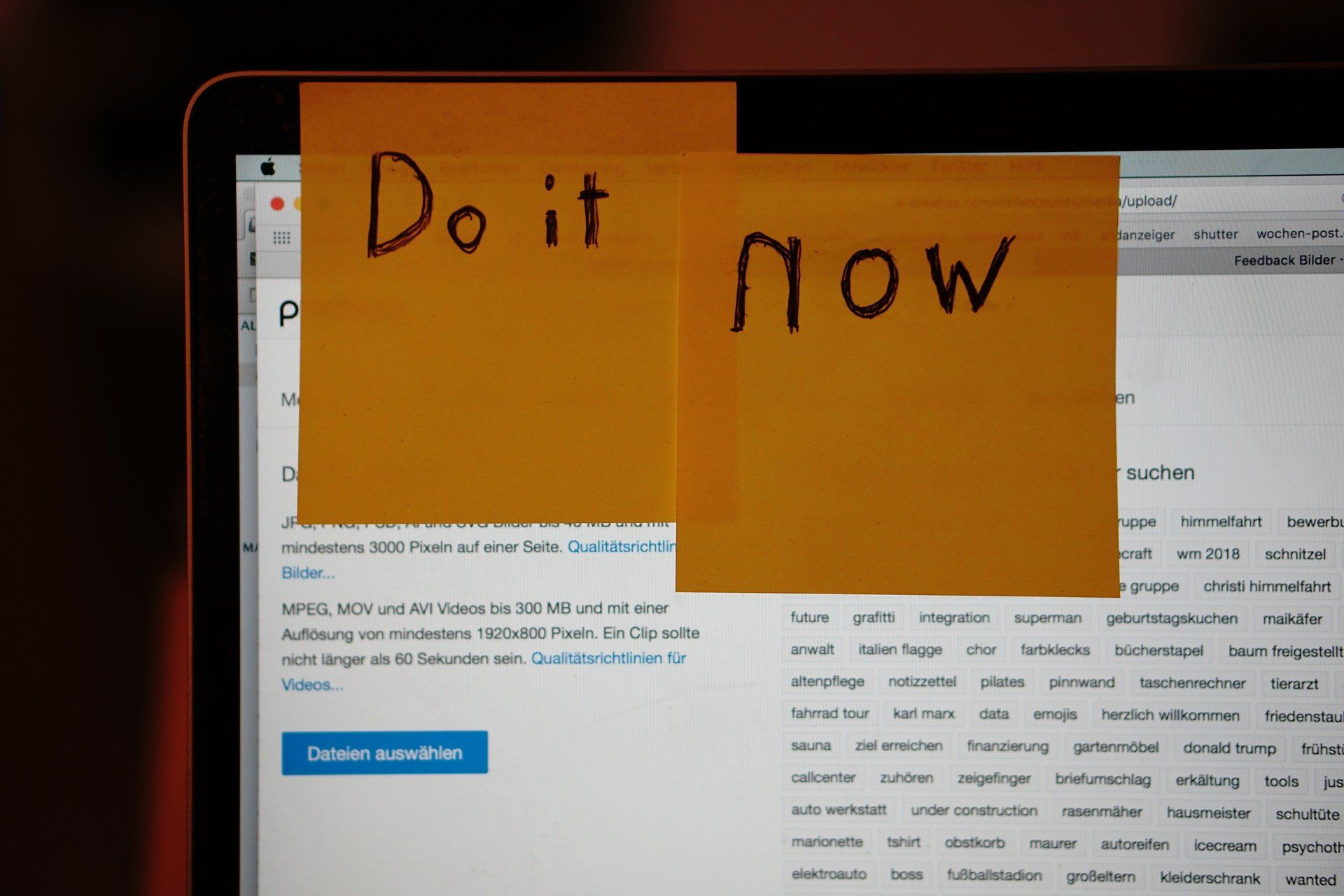The Fundraising Practice That May Be Killing Your Donor Relationships

I remember feeling guilty, like I had been caught snooping around someone’s house. I was one week into my first job as a fundraiser when I was handed my first piece of research on prospective donors and supporters I had yet to meet.
So now I had an idea of how much they might give, how I might contact them, what interests they might have, what charities they might like to give to, what commitments might keep them from giving. It was overwhelming and I was not happy about it. A lot of you will have heard me refer to that moment as the time I felt like a professional stalker.
In the years since that first encounter with prospect research and data I have learnt about how valuable it can be. When I’ve had good (legal!) information I have wasted less time (my own and that of potential donors), made more people delighted to be giving to charity, and raised more faster. In short I’ve been a far better fundraiser for playing by the rule of understand your donors better, raise more.
And of course, it’s not just my observations that attest to this. To name one, Macmillan have raised an extra £5m from understanding their Coffee Morning supporters better and researchers Alan Andreasen and Philip Kotler have well documented the impact that a target audience mindset can have on fundraising. Their experiences show that if you know your audience well enough then you know what will get them to take action and how you can give them a benefit for interacting with you. Win win.
So if there is so much to be gained from knowing your supporters better, what on earth is the information that could ruin your relationship? Here it comes...
All of it.
That’s right, every last morsel. No, I don’t mean to contradict myself, great research can lead to great fundraising, but here is the ‘but’. It CAN lead to great fundraising only if as fundraisers we don’t forget that no one can be brought to life on two sides of A4, particularly not when it comes to something as personal as giving to charity. This rings particularly true for fundraisers working with major donors, companies, trusts and legacy givers, where there is often a personal relationship established.
I have watched so many of my coachees start out emotionally and rationally stuck behind hypotheses about what donors ‘might’ or ‘could’ do.
“I don’t think they would want me to bother them at work”, “I don’t think this is the kind of project they would want to fund”, “I don’t think this is the kind of charity they would want to support”. “They aren’t going to want to take a call from a fundraiser”. I could go on. Any of them sound familiar?
And here lies the danger. We end up making assumptions about people based on relatively limited data. In the last week alone, I have had two coachees jumping up and down about the positive responses they got when they just picked up the phone to get to know someone. They stopped making assumptions and they used their research to guide their contact with potential supporters, but not dictate it. And there is a big difference! Using research as a guide gives you hints, tips, suggestions. Using research to dictate your approach fills fundraisers with assumptions and anxiety, and in my experience a lot of excuses about why they shouldn’t reach out. The best of the best extend an invitation to people and get to know them, properly know them.
So here are my top tips on how to build glowing relationships with prospects and supporters:
- Take hints about approaching and working with your supporters from good quality prospect research.
- Never ever make assumptions about what a prospect or donor is really thinking or going through.
- Give people the chance to say yes or no, don’t make that decision for them.
- Spend more time working up how you talk about your charity. We fail to engage people because of the language we use and the way we deliver it.
- Building better relationships is entirely within your grasp no matter how experienced you are, what causes you work for or where you are based. No excuses. Get to grips with good research and take action, listen to the response and keep making changes until your results are speaking for themselves.
Like any of these tips? Share the love and help fundraising everywhere.
Other Blog Posts










